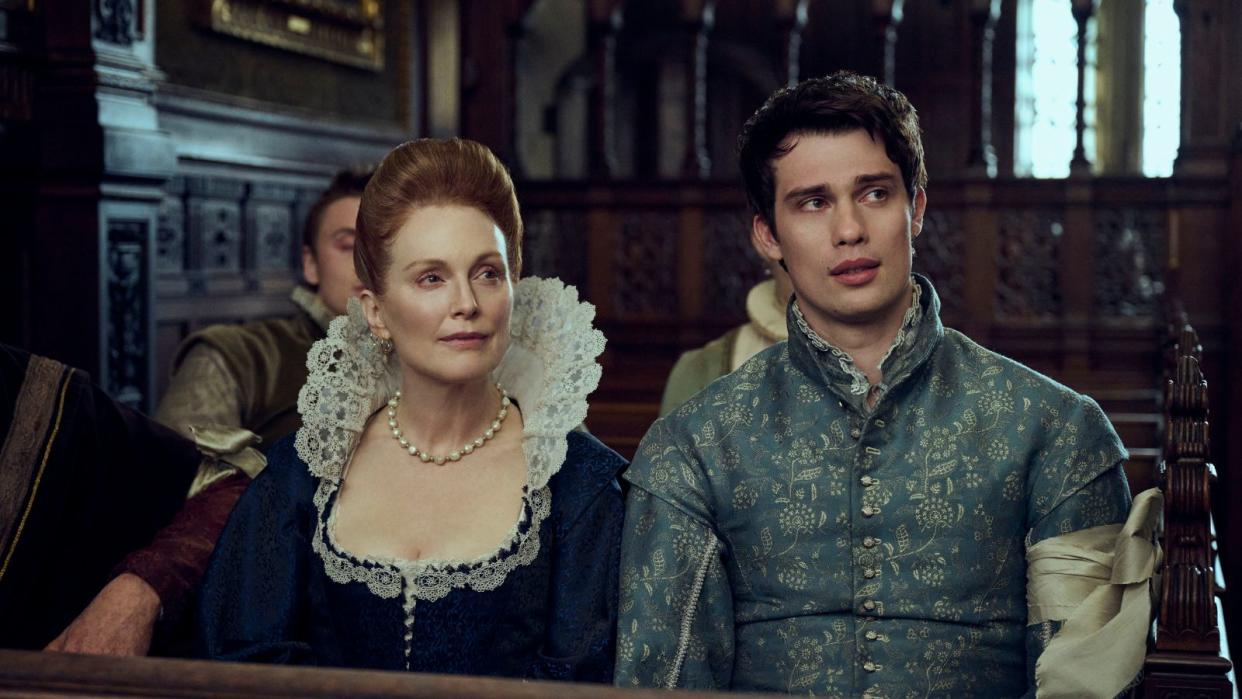What happened to Mary & George in real life? The real death of George Villiers revealed

The Sky Atlantic series Mary & George has delighted viewers who are completely obsessed with the period drama starring Julianne Moore and Nicholas Galitzine as Mary and George Villiers.
After watching Mary & George for free in the UK and US many fans have been eager to find out who the real King James VI from Mary & George was and how much of the show was accurate. Viewers have been completely shocked by the scenes showcasing the people of the Jacobean era getting down and dirty with murder, pretend witchcraft, adultery, and full-on orgies.
Although the series may have exposed part of the secret underbelly of the aristocracy at the time, some are wondering about the reality of some of these scenes. Namely, what really happened to the real Mary Villiers and George Villiers, and how did they die in real life? Here's what you need to know...
*Warning there are spoilers for the final episode ahead...*

Mary & George ending explained
Towards the end of the show, King James VI's health was fading fast and he burnt the outdoor bedroom George made for him to the ground. After the King inhaled a lot of smoke, George carried him back to the palace as the King told him that he would have him executed for failing him. Once back at the palace, Mary and George sent the King's son, Charles, to fetch help and ride to get a doctor who could assist the King. George then used this moment alone with his mother and the King to kill the King as he waterboarded him with a goblet of water and then smothered him to death.
This act seemed to be borne out of fear for his own life - which turned out to be a needless worry as he was stabbed in the chest in a bar in the closing moments of the show. But how accurate is this? How involved in the King's death were the mother and son duo and what happened to the pair after the King died?

What happened to Mary & George in real life?
In real life, the King was with his son Charles and George Villiers when he finally died of a stroke after suffering from declining health for many years. It was rumoured at the time that George had poisoned him to help him to an early death. "I think it's almost certain that George had a hand in – how can one put it? – helping James into the grave. But there isn't a conclusion to this issue," Historian Benjamin Woolley told History Extra.
The King died in 1625 and just three years later in 1628, George was murdered in a crowded pub in Portsmouth. George was killed by a discharged army officer named John Felton who believed he was overlooked for a promotion by George. Felton was later hanged for the murder.
Mary Villiers' reportedly rather cold response to her son's death as she was said to have remained stoic with no reaction. Mary died in 1932, four years after George and was buried in Westminster Abbey, the same place of rest as her son and King James VI.


